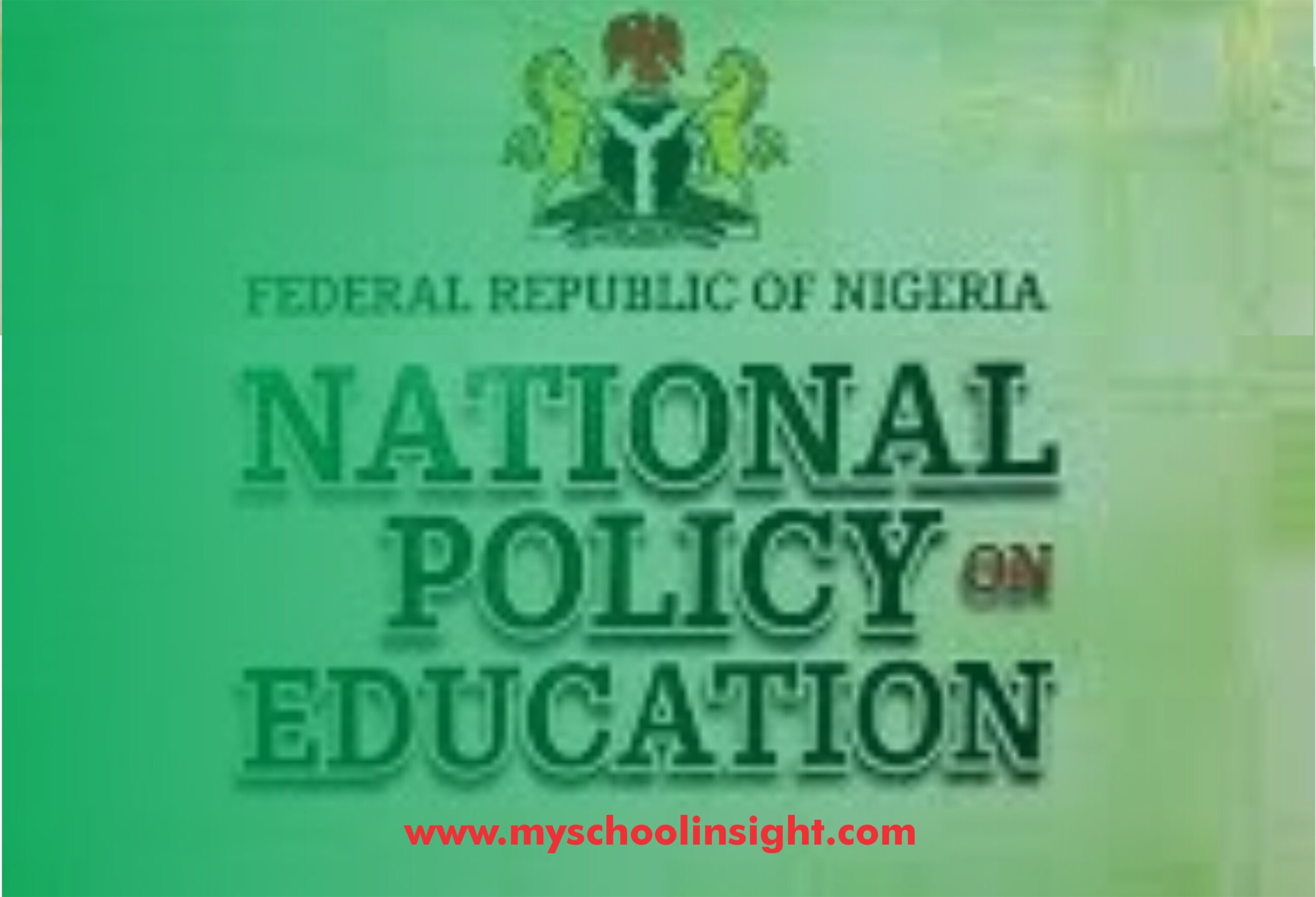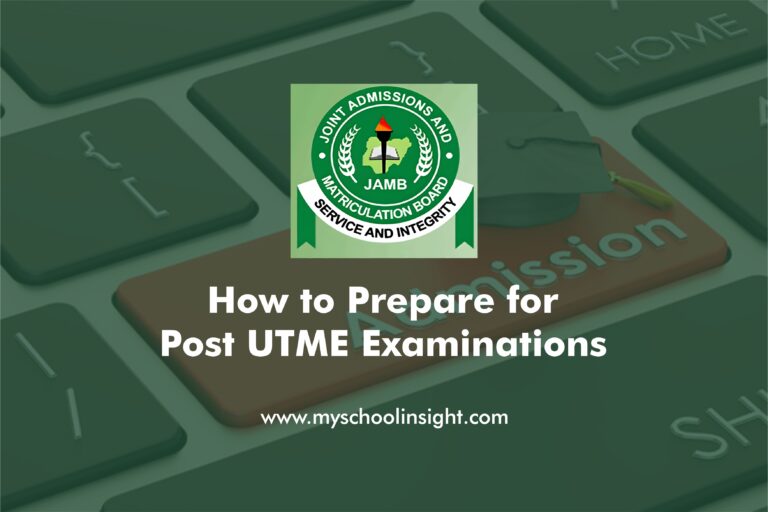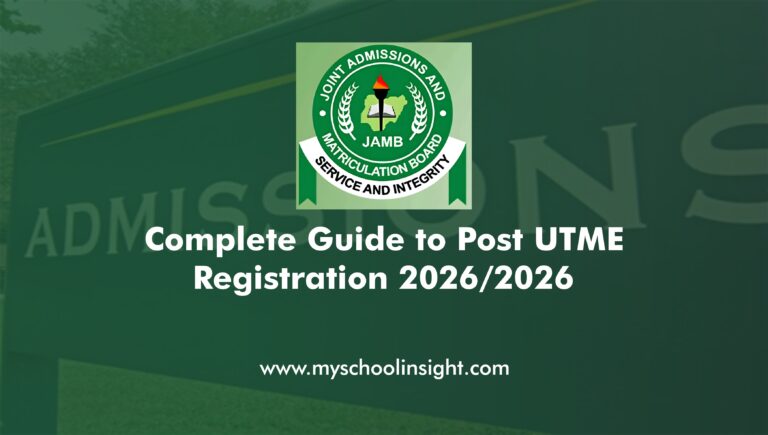Latest Updates on Education Policies in Nigeria 2025

Introduction
Nigeria’s education sector remains a dynamic field, consistently shaped by evolving policies aimed at improving quality, access, equity, and global relevance. As Africa’s most populous nation with over 200 million people, education is central to its economic and social development. In 2025, several new policies and reforms were introduced by the Federal Ministry of Education (FME), state ministries, and allied regulatory agencies to address longstanding systemic challenges and position the nation for sustainable growth.
This article provides an in-depth analysis of the latest education policy updates in Nigeria for 2025, their objectives, implementation status, and potential implications for students, parents, teachers, school administrators, and policymakers.
1. National Language Policy Implementation
One of the most impactful policies of 2025 is the National Language Policy, which mandates that instruction from pre-primary to Primary 6 must be conducted in the learners’ mother tongue or language of immediate community. This policy, although contained in the National Policy on Education (NPE) since 1977, has lacked full implementation due to:
- Limited availability of indigenous language teachers.
- Inadequate instructional materials in local languages.
- Low political will and coordination at state levels.
However, the Federal Ministry of Education has now made it compulsory, outlining the following objectives:
Objectives of the National Language Policy
- Enhance learning comprehension by teaching children in languages they understand best.
- Foster cultural identity and pride, preventing the extinction of indigenous languages.
- Improve cognitive development, as research indicates that children learn faster in their first language before transitioning effectively to English.
- Promote national unity through appreciation of diverse cultures.
Implementation Strategy
The policy’s rollout in 2025 includes:
- Curriculum adaptation: Nigerian Educational Research and Development Council (NERDC) is revising curricula to accommodate local language learning.
- Teacher training: National Teachers’ Institute (NTI) is organising capacity building programmes to upskill teachers in indigenous language instruction.
- Material development: Publishing firms are collaborating with states to produce textbooks and learning materials in Hausa, Yoruba, Igbo, Efik, Tiv, Kanuri, and other Nigerian languages.
Challenges and Criticisms
Some stakeholders argue that:
- Urban centres with diverse ethnic populations may face implementation barriers.
- There is a risk of neglecting English language proficiency during foundational education.
Nevertheless, the Ministry insists that English remains a subject from Primary 1, ensuring learners’ progressive bilingual or multilingual competence.
2. Revised Tertiary Education Funding Model
In 2025, the Tertiary Education Trust Fund (TETFund) introduced a new funding allocation framework to address:
- Poor research output.
- Infrastructure decay.
- Lack of innovation in public universities, polytechnics, and colleges of education.
Key Features of the New TETFund Policy
- Increased research funding: 35% of annual disbursement is now dedicated to research grants and innovation development.
- Performance-based disbursement: Institutions must present detailed project implementation reports to access subsequent funds.
- Priority to STEM disciplines: Engineering, science, technology, and ICT projects receive higher consideration to drive Nigeria’s industrialisation goals.
- Mandatory monitoring and evaluation: Independent assessors evaluate project completion rates before further releases.
Expected Outcomes
The revised policy seeks to:
- Elevate Nigerian tertiary institutions’ global ranking.
- Reduce dependence on imported technological solutions.
- Foster problem-solving research that addresses local challenges in health, energy, agriculture, and security.
3. National Digital Learning Policy Expansion
Recognising the urgent need for digital transformation in education, the Federal Government, through the Federal Ministry of Education and National Information Technology Development Agency (NITDA), has expanded the Nigeria Digital Learning Policy (NDLP) 2025.
Key Components
- Device provision: Over 2 million digital devices will be distributed to public school students nationwide by the end of 2025.
- Teacher training: Comprehensive digital literacy training for teachers to integrate ICT into lesson delivery.
- Curriculum integration: Coding, robotics, and artificial intelligence modules have been incorporated into the secondary school curriculum.
- Internet connectivity: The Nigerian Communications Commission (NCC) has allocated funds to provide broadband connectivity to all public schools.
Implications
- Students will gain globally relevant digital skills, enhancing their employability.
- Teachers will adopt modern pedagogical methods, making learning more interactive.
- It will reduce the urban-rural digital divide, fostering educational equity.
4. Compulsory Teacher Certification Enforcement
The Teachers Registration Council of Nigeria (TRCN) intensified enforcement of its mandatory certification policy in 2025, stating that:
- All practising teachers in public and private schools must possess valid TRCN certification by December 2025.
Policy Rationale
- Professionalise teaching to meet global standards.
- Improve education quality by ensuring only qualified teachers are engaged.
- Strengthen teacher accountability through standardised regulation.
Implementation Strategies
- Compliance monitoring: State Ministries of Education conduct periodic checks to ensure adherence.
- Accelerated certification programmes: The TRCN, in collaboration with NTI, is running special training and assessment centres nationwide.
- Penalties for default: Teachers without certification will be barred from classroom practice, and schools that retain unregistered teachers risk sanctions.
Stakeholder Reactions
While the Nigerian Union of Teachers (NUT) and education advocates commend the policy for raising standards, some teachers express concerns about examination costs and logistical challenges, particularly in rural areas.
5. Safe School Policy Implementation
Nigeria has witnessed an increase in security threats targeting schools, especially in Northern regions. To address this, the Federal Government in 2025 fully launched the National Policy on Safety, Security and Violence-Free Schools, under the Safe Schools Initiative.
Core Requirements for Schools
- Minimum safety standards compliance, including:
- Perimeter fencing.
- Controlled entry points.
- Security personnel deployment.
- Emergency preparedness: Schools must develop and implement emergency response plans, including drills for students and staff.
- Risk assessments: Periodic risk evaluations conducted by trained security consultants.
- Psychosocial support services: Counselling for students affected by insecurity or violence.
Funding and Support
The policy is backed by:
- Federal Government grants to states for infrastructure upgrades.
- Technical assistance from UNICEF and other international partners.
- Capacity building for school administrators, teachers, and students on safety protocols.
6. Inclusive Education Policy Review
In a bid to achieve Education For All (EFA) and align with the Sustainable Development Goal 4 (SDG-4), the Federal Ministry of Education reviewed its Inclusive Education Policy in 2025.
Key Highlights
- Mainstreaming learners with disabilities (LWDs): Schools are mandated to accommodate children with physical, visual, hearing, and intellectual disabilities.
- Teacher training: Special education components are incorporated into teacher training programmes.
- Infrastructure upgrades: Schools are required to install ramps, braille signages, and auditory aids where necessary.
- Community awareness campaigns: To reduce stigma and promote acceptance of learners with disabilities.
Implementation Challenges
- Funding limitations for infrastructural adjustments.
- Shortage of special education teachers.
However, the policy is expected to enhance education equity and social inclusion in Nigeria.
7. Curriculum Review for Skill-Based Education
In 2025, the Nigerian Educational Research and Development Council (NERDC) began implementation of the revised national curriculum to emphasise skills acquisition and entrepreneurship education from basic to tertiary levels.
New Curriculum Features
- Skill-based subjects: Introduction of modules such as digital marketing, coding, electrical installation, plumbing, catering, and textile design in secondary schools.
- Entrepreneurship education: Practical entrepreneurial skills integrated across disciplines.
- Periodic curriculum reviews: To align with global best practices and market demands.
Expected Impact
This reform will:
- Prepare students for self-reliance and reduce youth unemployment.
- Foster innovation and creativity among Nigerian graduates.
- Bridge the gap between education and labour market requirements.
8. University Autonomy and Governance Reforms
In 2025, the Federal Government approved new guidelines to enhance autonomy in public universities, focusing on:
- Financial autonomy: Universities can generate and manage internal revenue without bureaucratic restrictions.
- Governance reforms: University councils are restructured to include more industry and alumni representatives.
- Accountability frameworks: Mandatory publication of financial reports and project performance assessments.
Benefits
- Faster decision-making processes.
- Improved university-industry collaboration.
- Enhanced financial sustainability of universities.
9. National Open University Policy Review
The National Open University of Nigeria (NOUN) policy was reviewed in 2025 to expand access to higher education through:
- Introduction of blended learning models combining online and in-person practical sessions.
- Accreditation of new professional programmes, including Nursing and Law, with full licensure recognition.
- Establishment of community learning centres in all Local Government Areas to improve accessibility for rural learners.
10. Technical and Vocational Education and Training (TVET) Policy Strengthening
The Federal Government, in collaboration with NBTE, launched a new TVET Policy Framework aimed at:
- Upgrading technical colleges with modern equipment.
- Strengthening industry partnerships for internship and apprenticeship placements.
- Rebranding TVET to reduce societal stigma and increase enrolment.
Conclusion
The education policies introduced in Nigeria in 2025 reflect a strategic shift towards quality improvement, inclusiveness, skill development, and global competitiveness. These reforms, if effectively implemented, will address longstanding challenges and empower Nigeria’s education system to produce competent citizens capable of driving national development.





